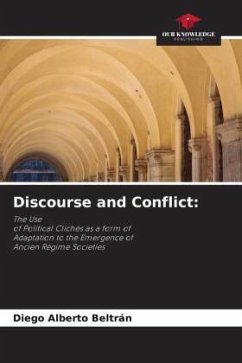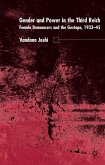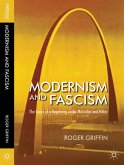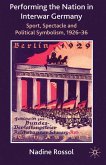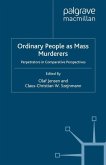The three chapters of this book analyze the political language used in a non-reflective way. The first two deal with historical cases and the third one dives into the political language used by the Argentine media and by the political actors who benefit from such media and who are members of the entire national ideological arc. Specifically, we focus on a concept or pseudo-concept that is used to explain any conflict or disagreement between the two sides.to explain any conflict or disagreement between the political groups that alternate in the government of the country: the term GRIETA (cultural, political, ideological, etc.). In the first chapter we took Thomas Piketty's thesis as true: the return in the 21st century of a type of patrimonial capitalism similar to that of the 17th and 19th centuries in which the growth of capital income far exceeds the rate of economic growth.
Bitte wählen Sie Ihr Anliegen aus.
Rechnungen
Retourenschein anfordern
Bestellstatus
Storno

